Teaching with Games: The Magic Labyrinth
One of our family’s favorite games to play is the Magic Labyrinth. In this game, players must navigate a maze to collect different items. The first person to collect five items wins the game – there’s just one catch, no one can see the maze because it’s hidden under the board! Players move a magnetized wizard on top of the board while below a small ball is sliding along the underside thanks to the power of magnets. Not visible to the players are the many path blockers that the ball can run into, breaking its connection with the wizard and rolling its way back to the start where the player must begin again, looking for a different path free of roadblocks to get the special item.
This game can be hard, and that is why I love it. During a recent game with my daughter, neither she, nor myself, could find our way, again and again hitting road blocks, our ball falling with a defeating clunk, rolling back to us to start all over. It seemed like we had tried every path available but still we couldn’t find our way, to make matters more frustrating, the special item was so close to my daughter’s starting point, but try as she might she couldn’t find a way to it and she began to get frustrated.
After falling for what seemed to her the hundredth time, she looked at me and said, “There’s no way to get there! I can’t do it!”
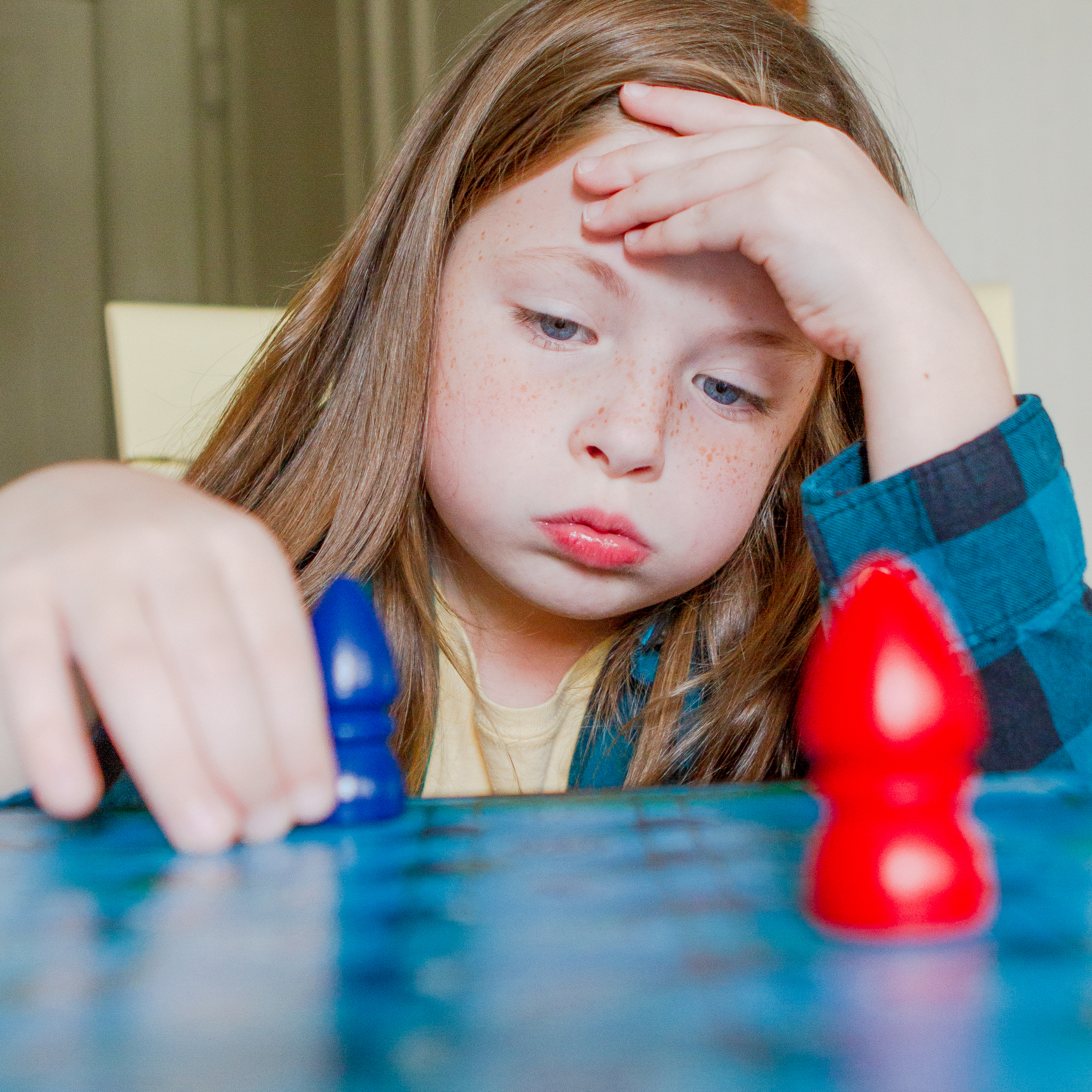
One of the best things that board games provide is the opportunity to teach a skill in a controlled setting. I listened as my daughter told me with certainty that she couldn’t go ways I knew from watching that she had yet to even try. Yet here she sat, telling me that she couldn’t do it; there was no path for her.
I paused the game. I told her that it’s okay to feel frustrated when you fail, failure is going to be something that happens in all areas of life. I asked her, “You know what is special though, about when you fail at something? You are able to learn a lot from that failure, if you choose. And choosing to learn from it will help you succeed in the future.”
What? Hold on, did this game just provide us a chance to give a life lesson?
We talked a bit more about some of the things we failed at before we succeeded, and then about how, the next time she moves and hits a road block, instead of feeling frustrated, to look at the space she was on and the direction she was going and to say out loud what she learned. “I can’t turn right on the flower.”
This conversation completely changed her attitude. She started paying more attention to which way she was going, and what she learned she couldn’t do when she hit a wall, and most importantly, she stopped saying she “couldn’t” do it!
How great that through something as simple as a board game, we can foster an environment that helps us teach our children (and maybe even ourselves) the importance of learning from your failures. To create a space that helps them not avoid challenges or crumple when faced with difficulties, but rather learn to thrive and greet the challenges head on, to see failure as feedback and not internalize it. Our mindset begins to develop in childhood, playing board games is just one way that we try and help our children develop a growth mindset where they learn that with a little effort they can do hard things.
This post contains affiliate links at no cost to you. To read our full disclosure click here.



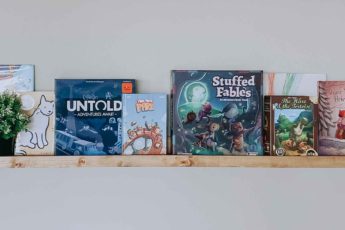

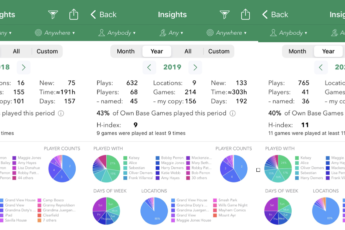



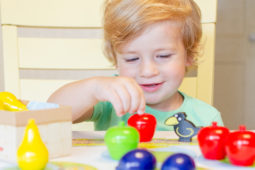
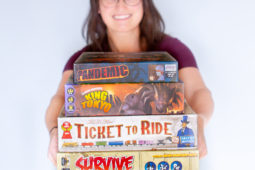
Leave a Comment